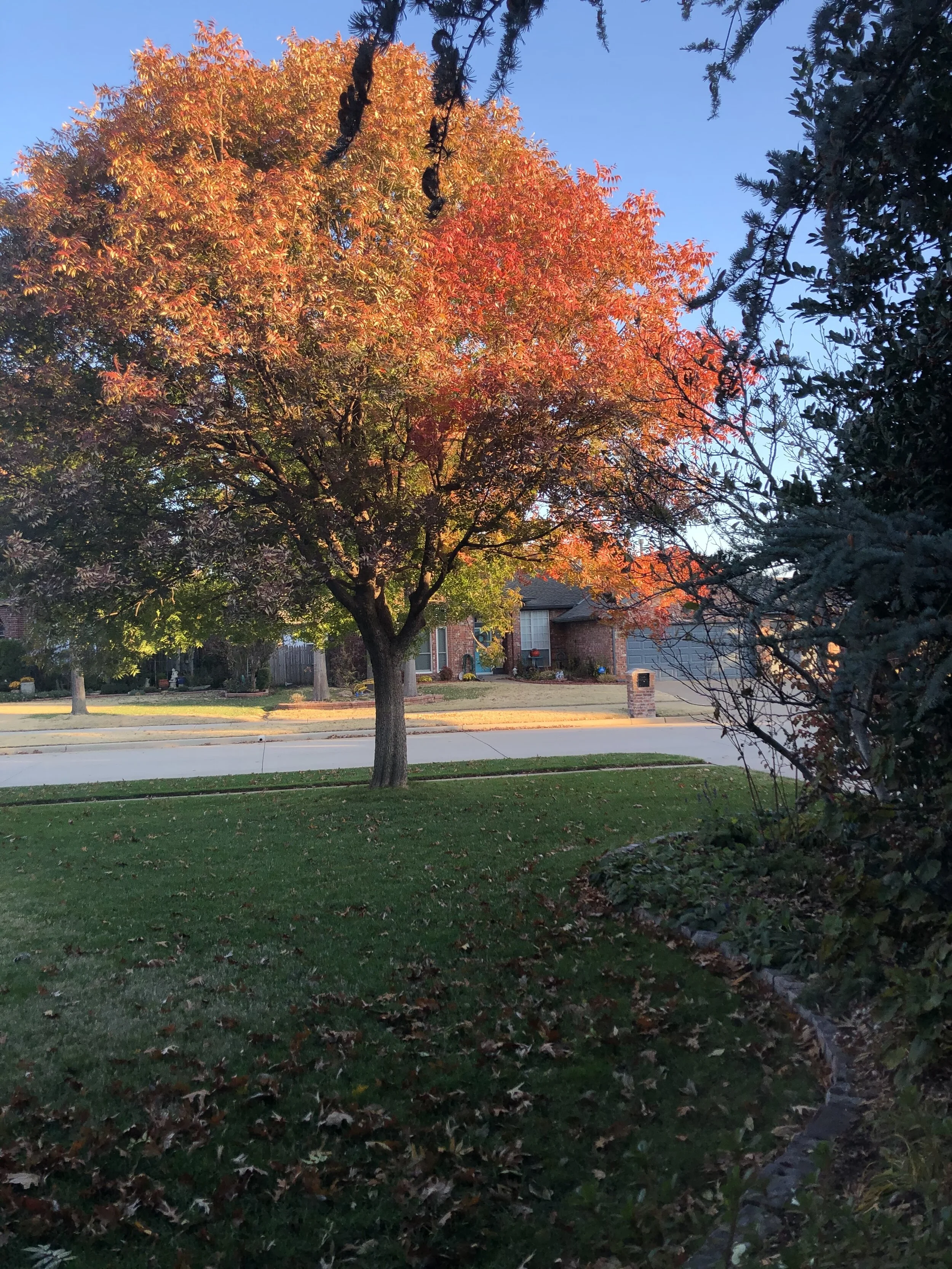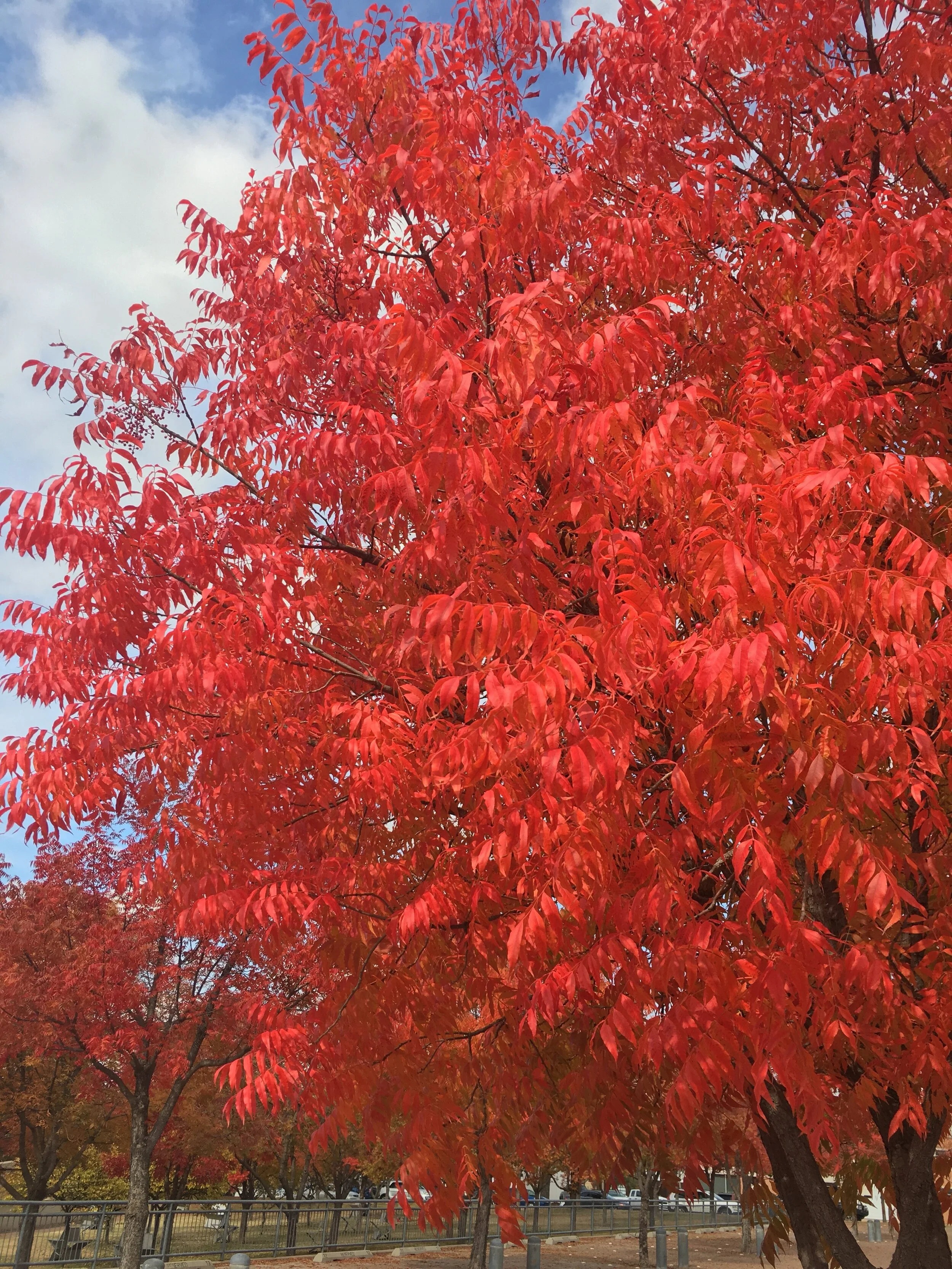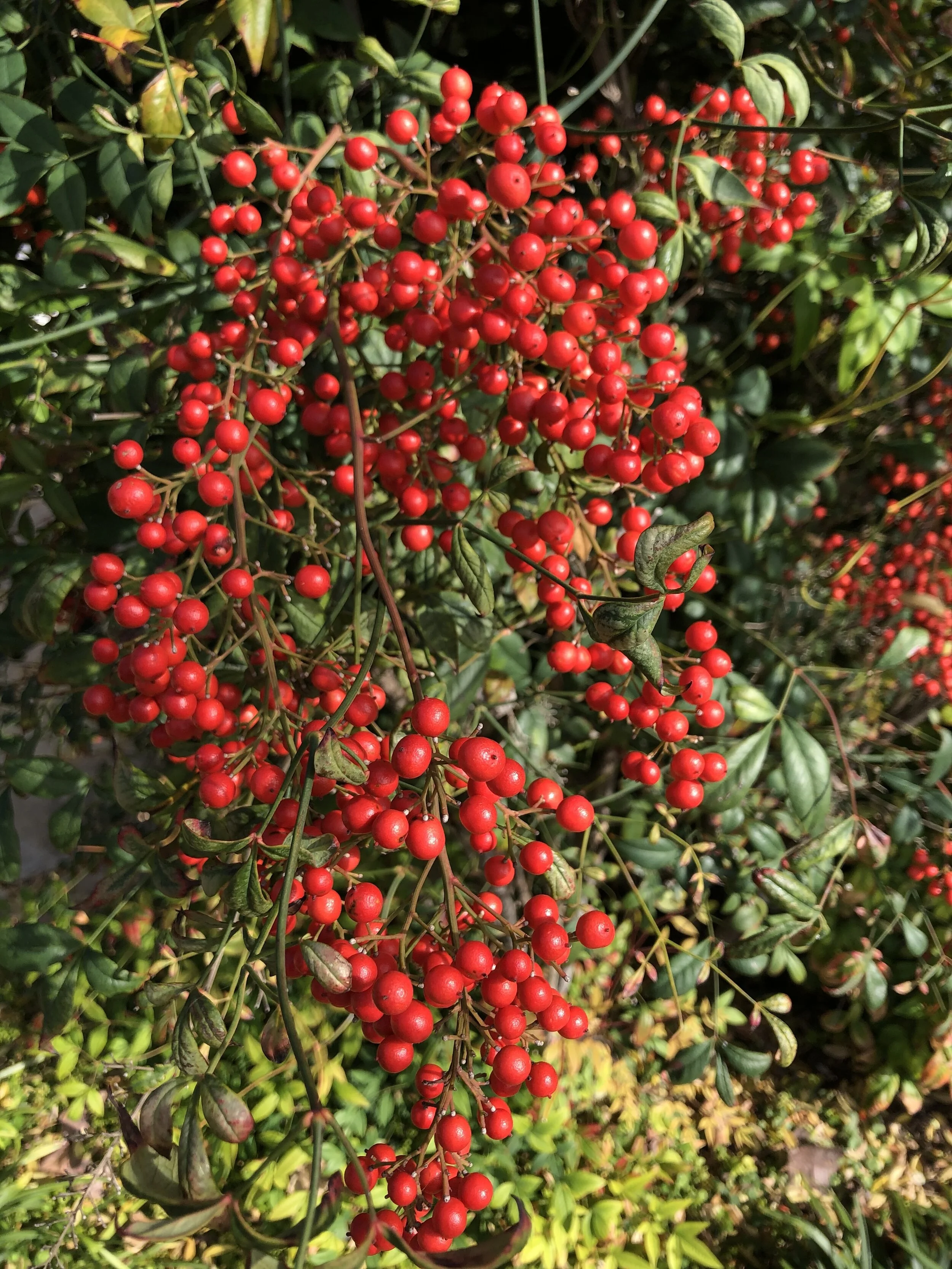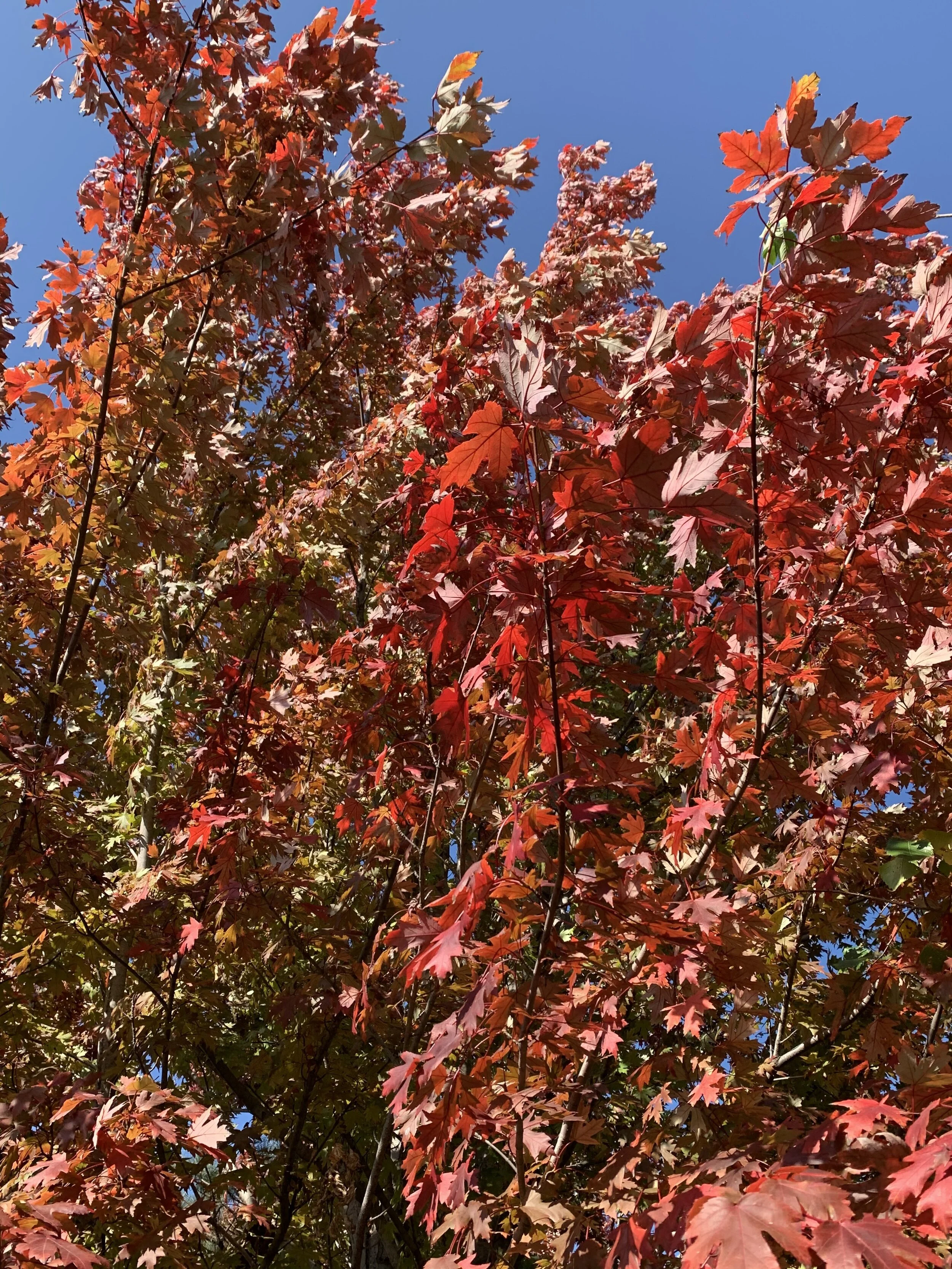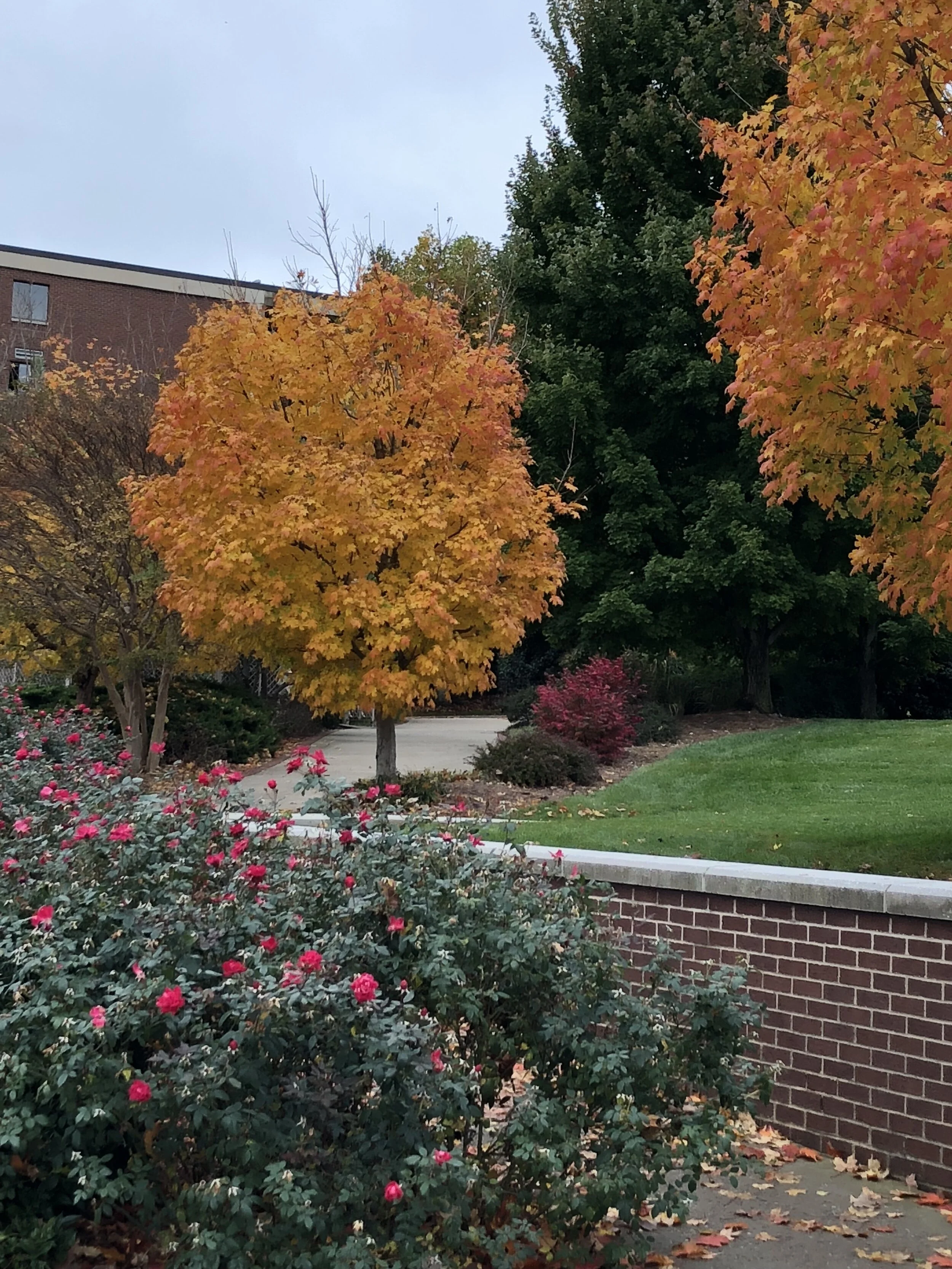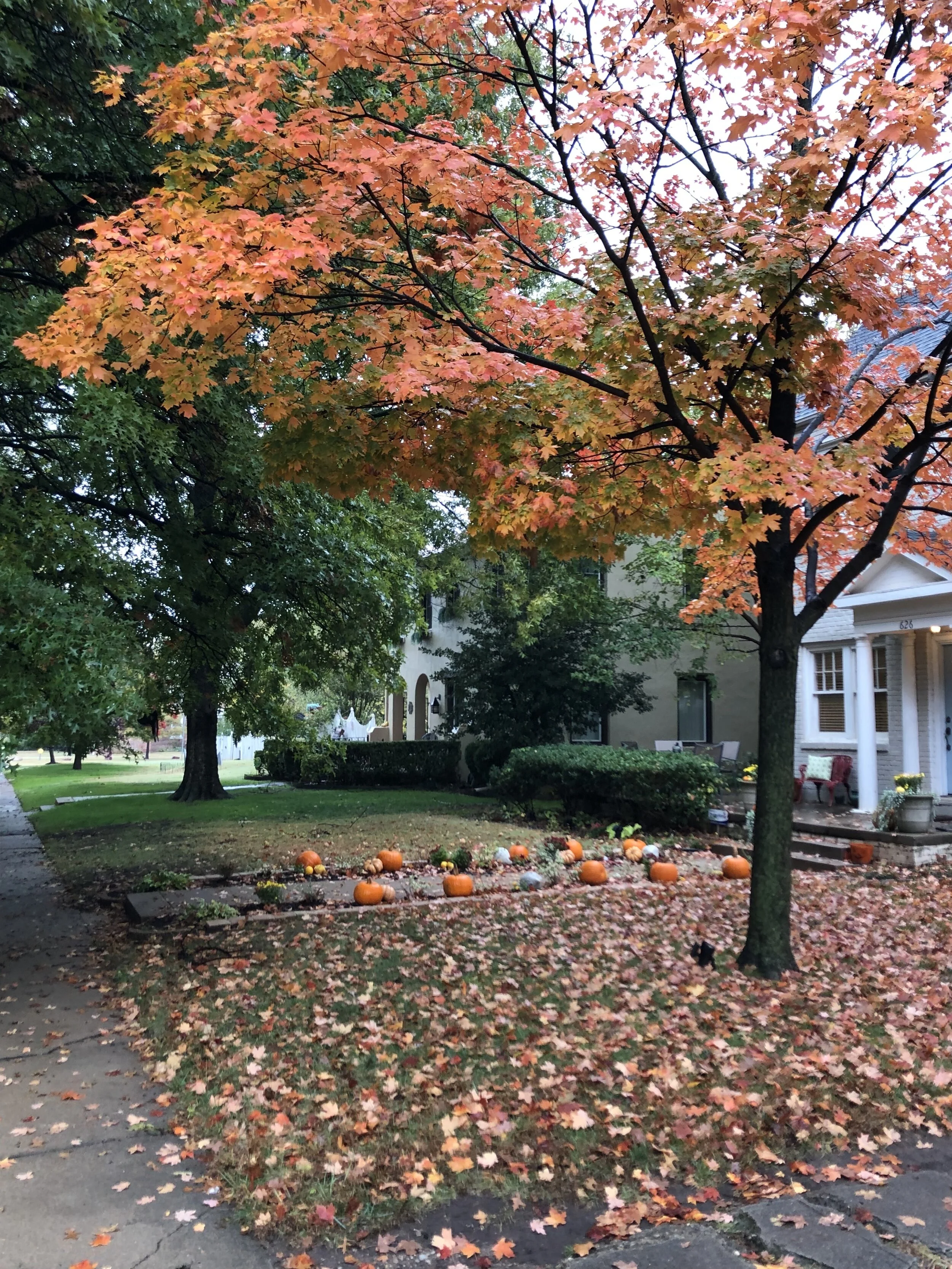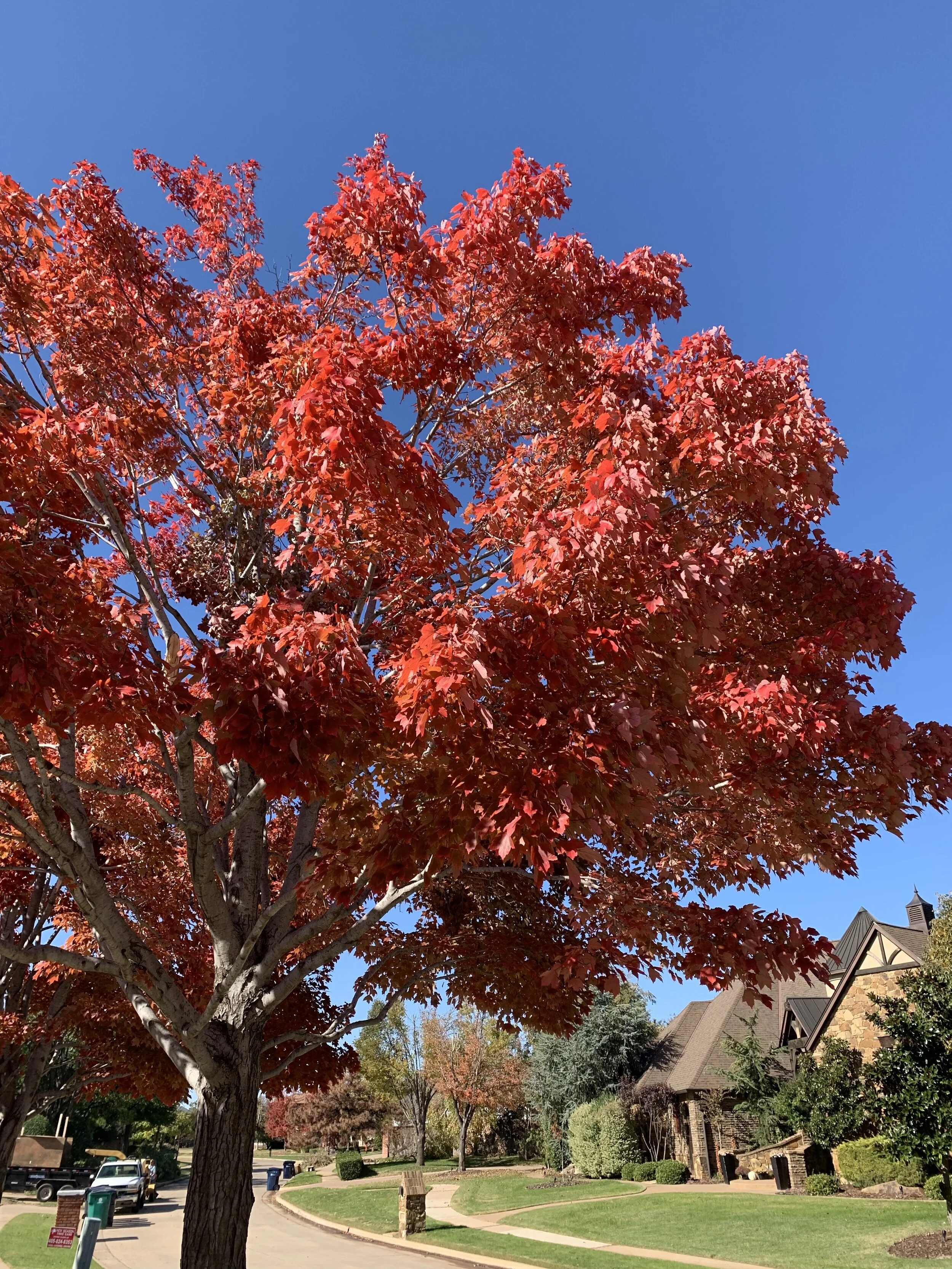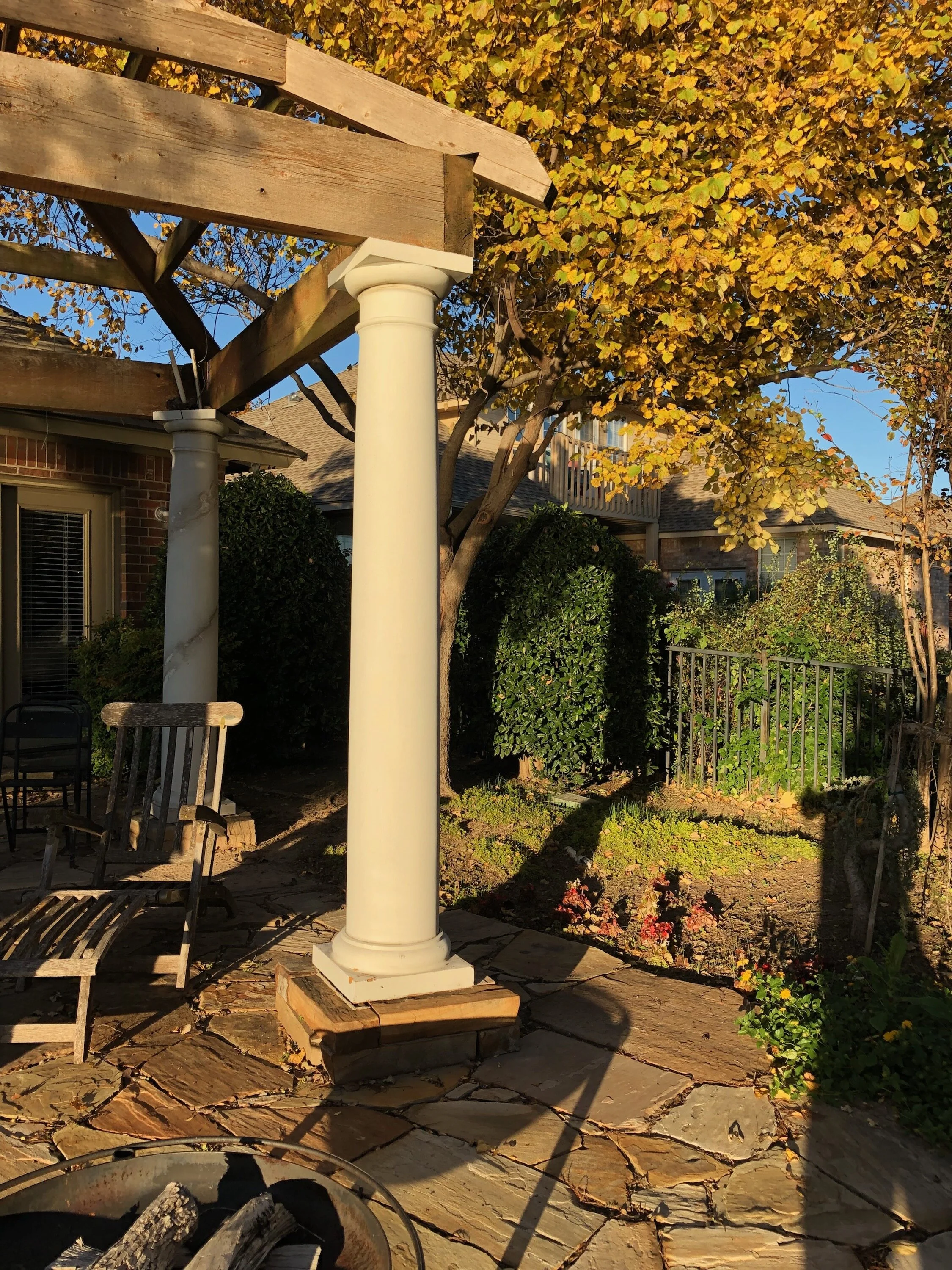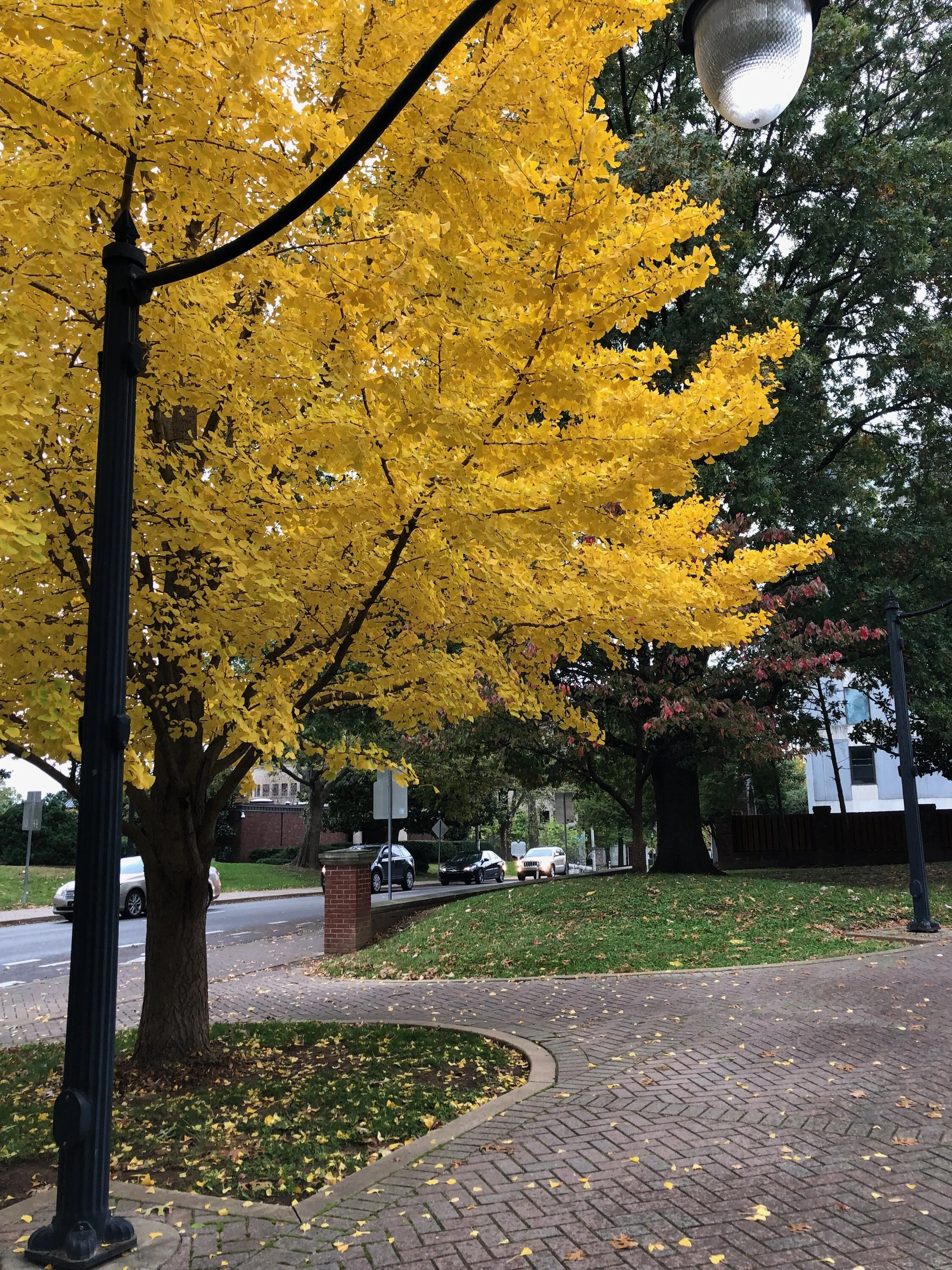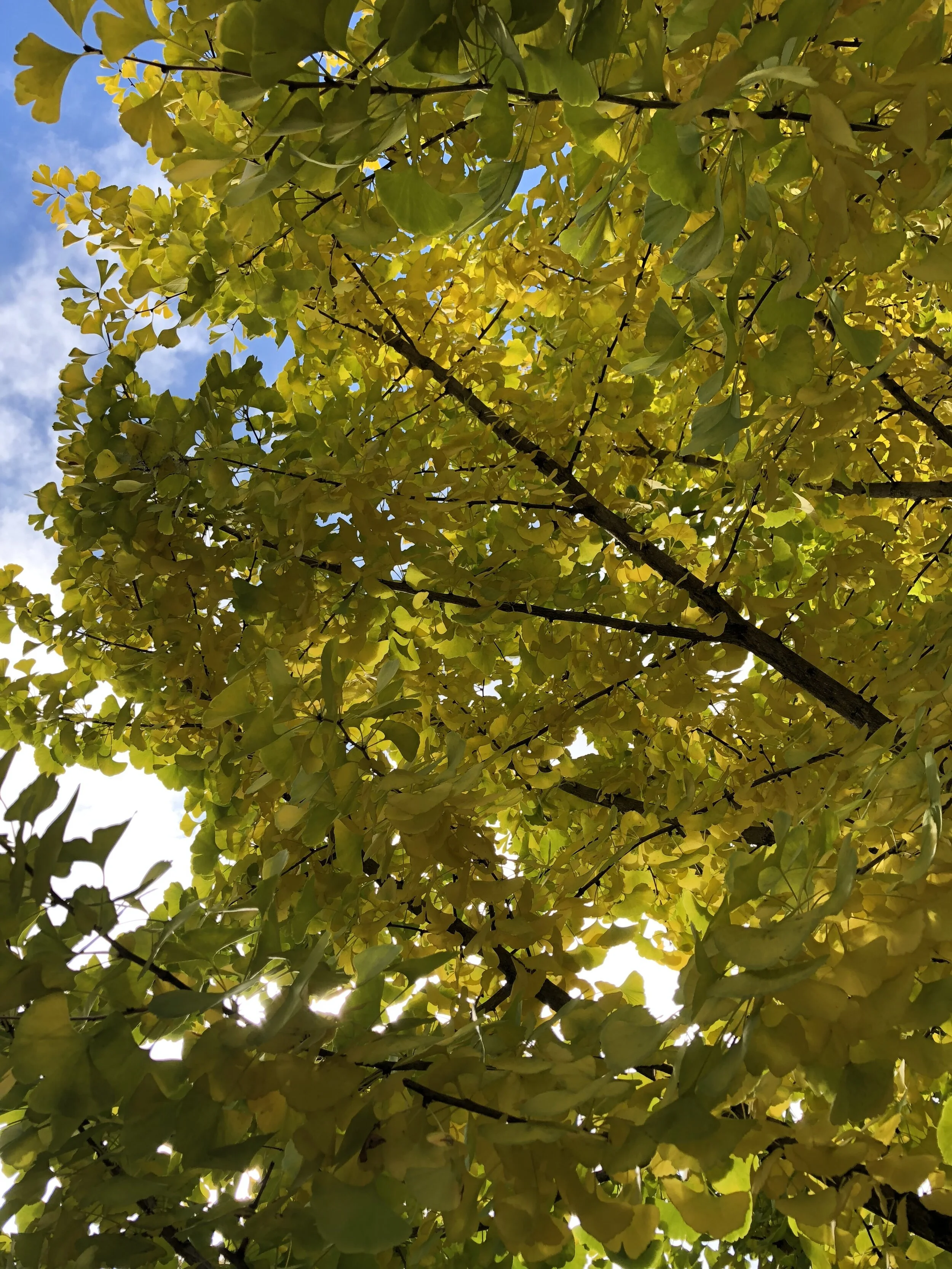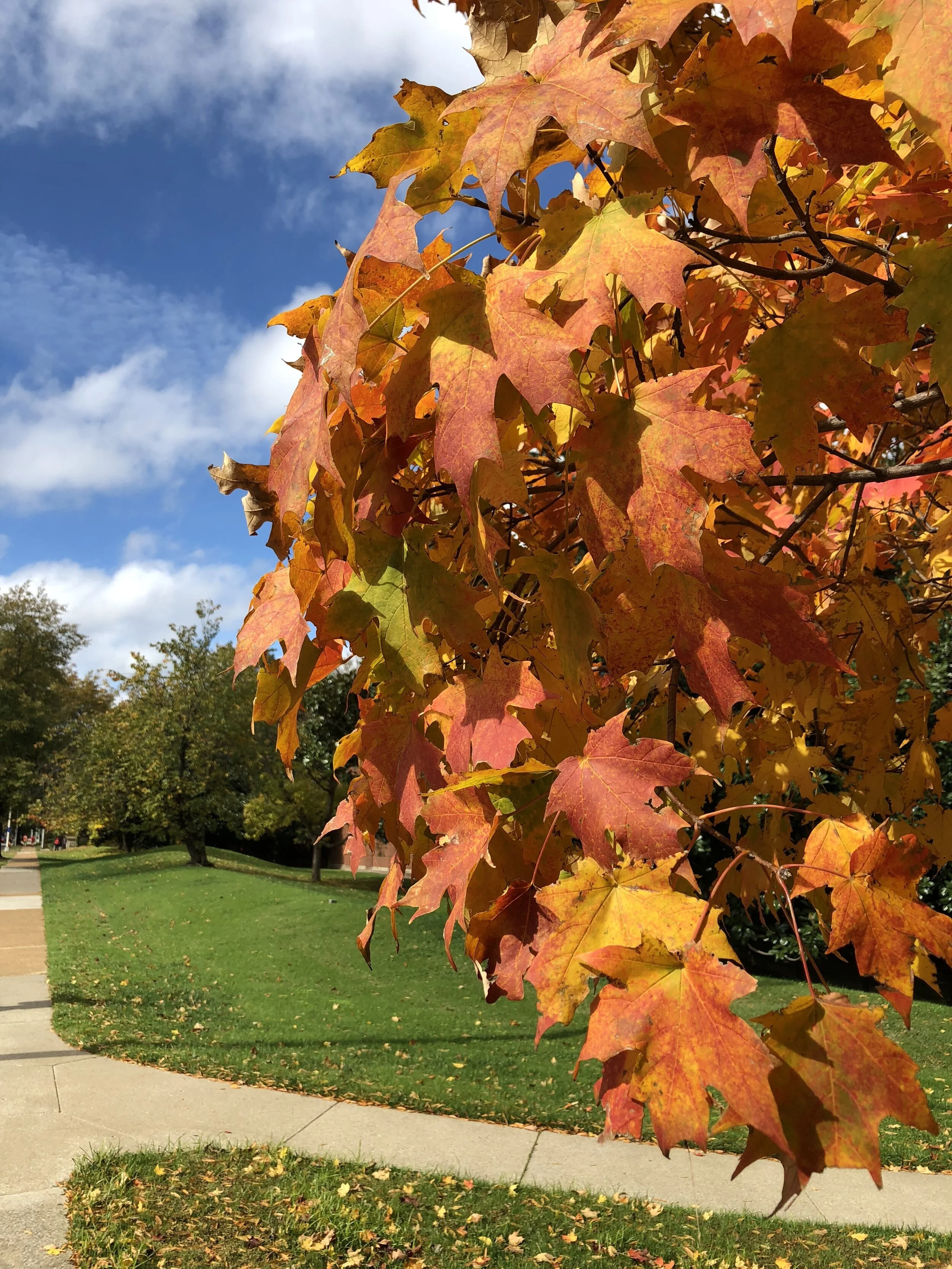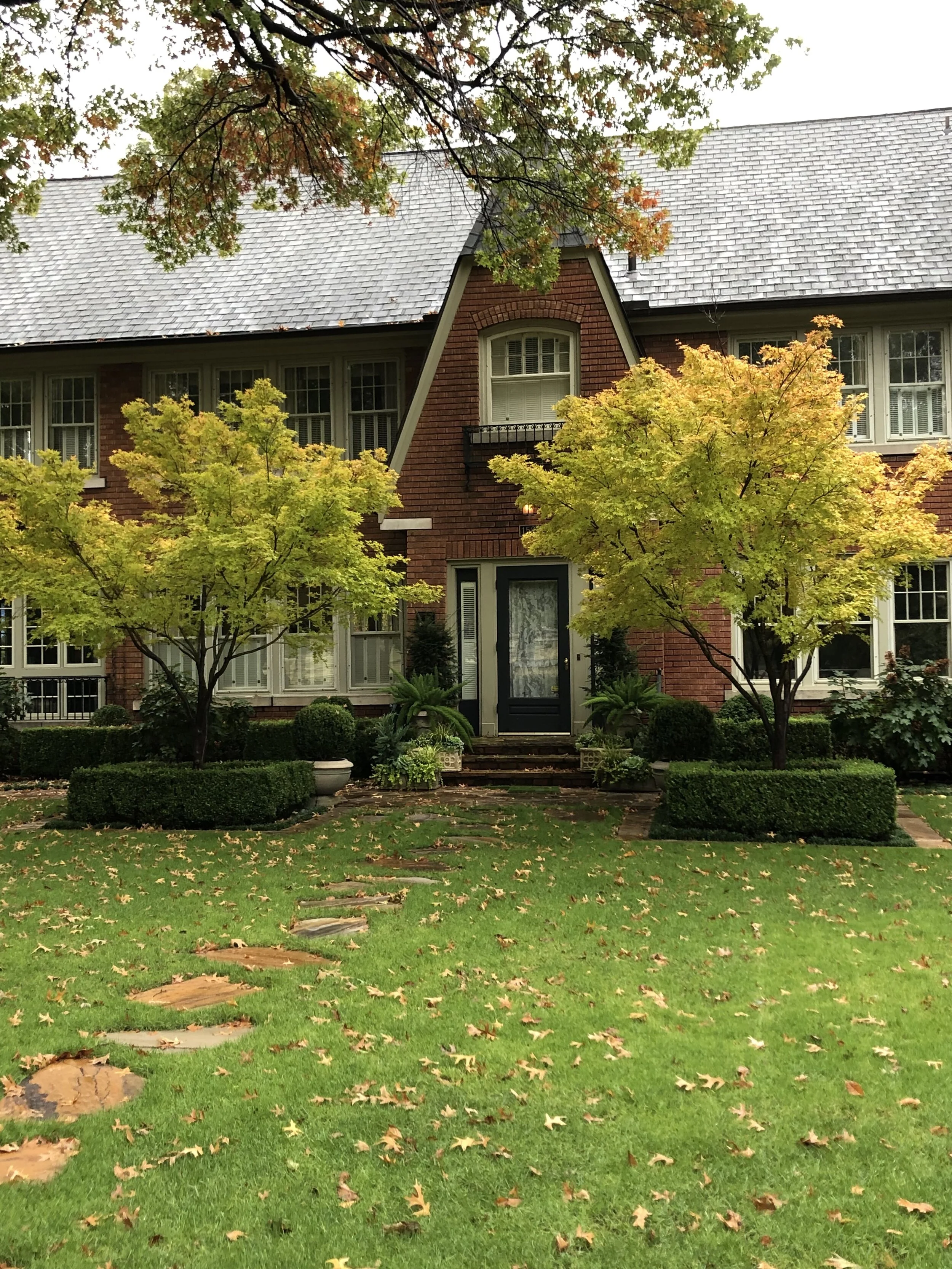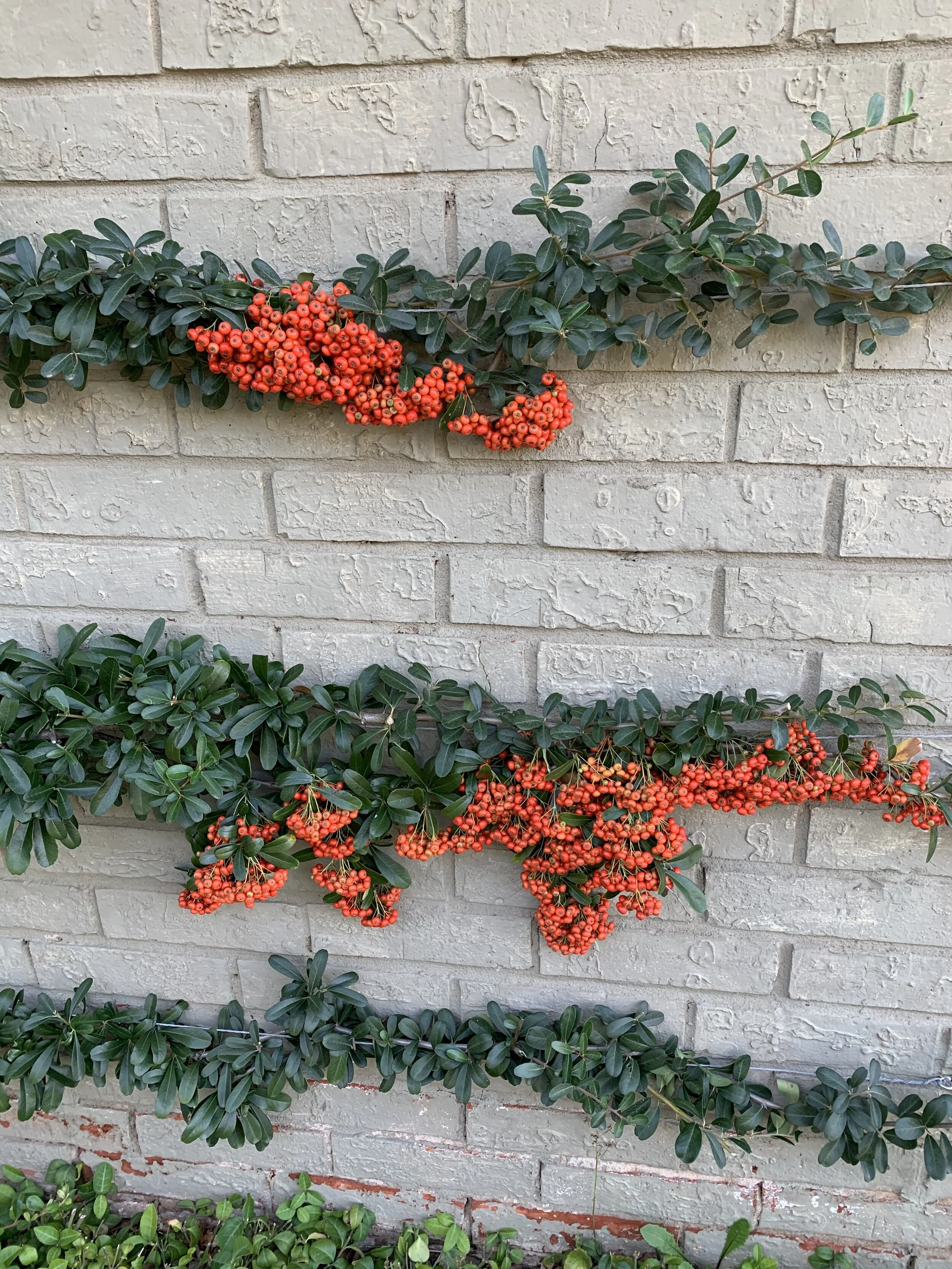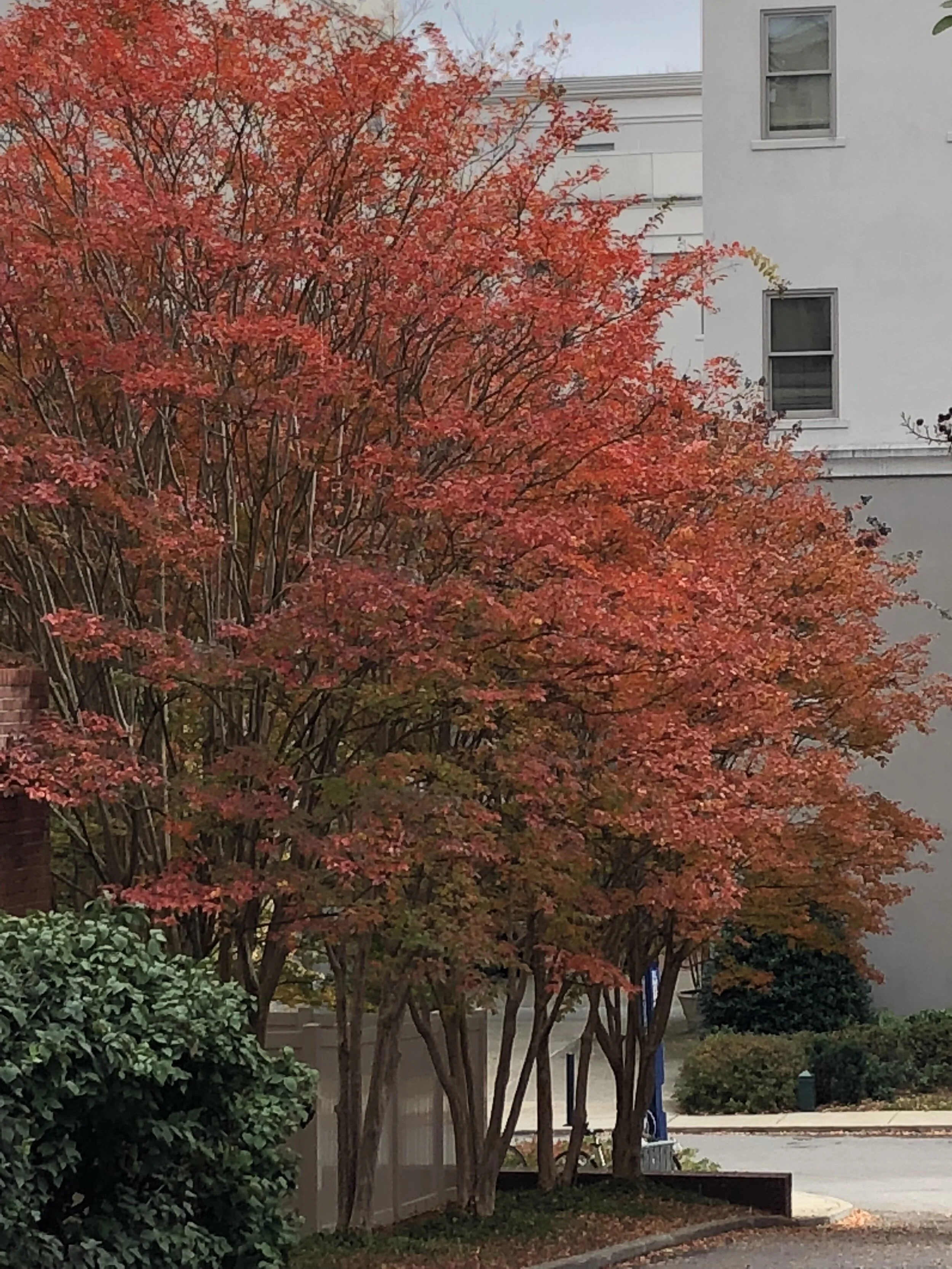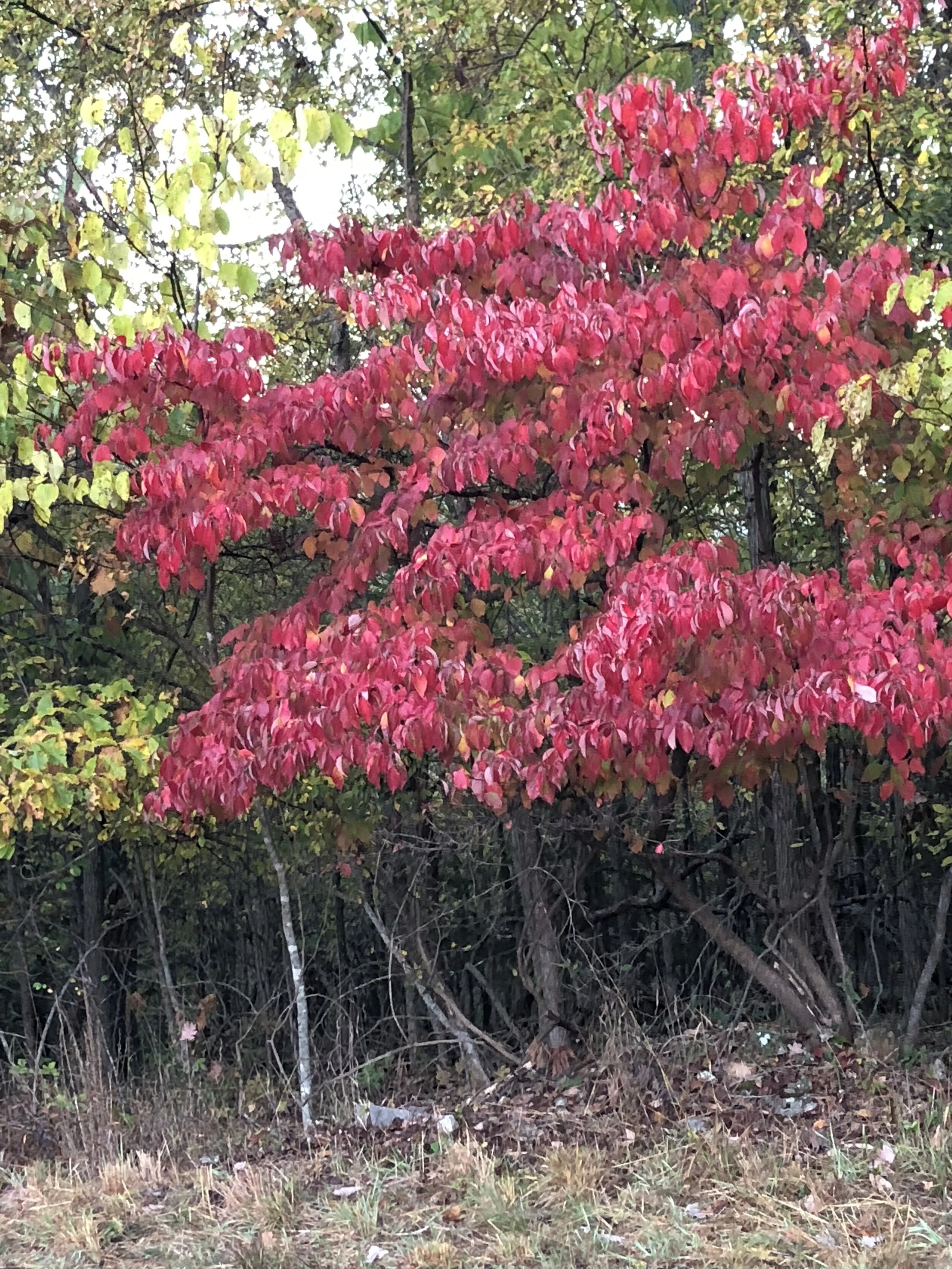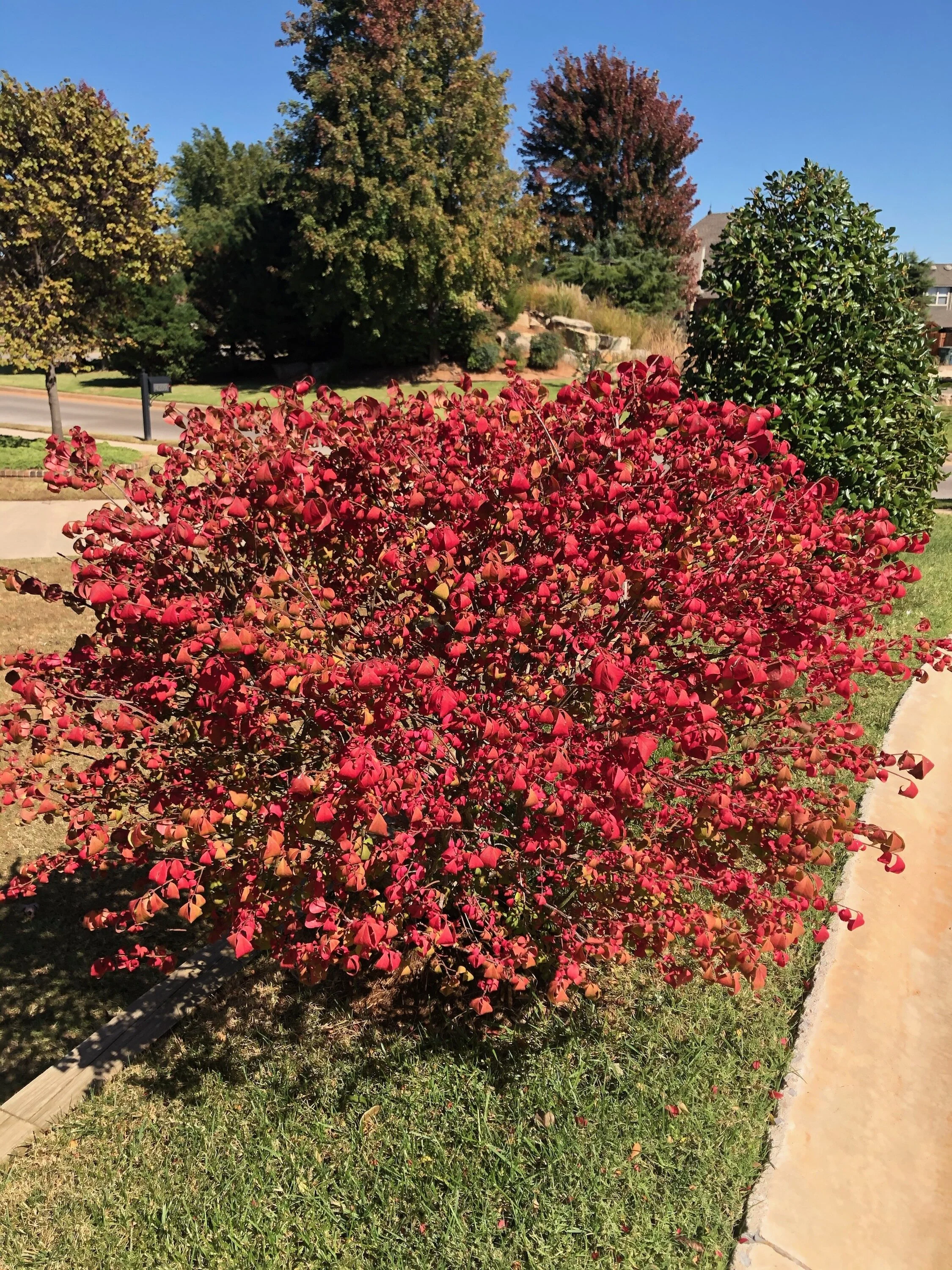Fall is for being outdoors!
I love fall! Finally, it feels like it has arrived.
Who doesn’t love cool mornings followed by picture-perfect afternoons?
But is that why I love fall?
Maybe it is the incredible color show put on by trees and shrubs?
Fall color depends upon a few key elements. How will we score this fall?
Abundant moisture during the growing season. This year the growing season started with sufficient moisture and continued that way through mid-July, but August and September turned out dry. The dry end of summer may lessen the intensity of the color this fall.
No early freezes. So far this year we have been on the opposite end of the thermometer, hotter than normal. Remember last year? Who could forget? The last week of October three days of freezing rain put a premature end to most of the fall color. The average first freeze in Oklahoma City is November 5th. When it comes to the first fall freeze, I like it when we are way behind average.
Low winds during October and November. Once the leaves make the change to brilliant yellows, oranges, and reds, the last thing we want is a gusty day stripping the trees.
Fall is the time of year where I want to be outside everyday…all the time enjoying the color show!
Peak fall color for central Oklahoma is typically the last week of
October through the first week of November.
Plan a walk. Plan a hike. Jump on a bike. Take a drive.
Just get outside and enjoy the colors of fall!
What is your favorite fall tree or shrub?
What is mine? The one I just found! I love them all!
But here are a few that I always look forward to seeing in the fall landscape:
Chinese Pistache – A round top, medium sized tree, with incredible colors of yellow, orange, and red in the fall. The best Chinese Pistache are so electric you would think they are plugged in. The only downside to a Chinese Pistache is inconsistency. Not everyone will have dynamic color. We have a one in our front lawn, the color is good, but not as brilliant as others. On the campus of Bethany First Church of the Nazarene is one that puts on a show every fall. Downtown, the parking lot on the north side of the Federal Building along Harvey, is planted with Chinese Pistache with dynamic red color every fall.
Pick a sunny day this fall and make a visit to NW 18th and Shartel Ave. The Chinese Pistache are fire red!
Lacebark Elm – A large tree with mottled bark that is not as disease and pest prone as the traditional elms. You can expect bright yellow leaves for the fall. A favorite variety is the Allee with its vase shape.
Bald Cypress – Known for being the only deciduous needle tree, bald cypress has a brilliant rusty red color in the fall. It is a large tree, too large for most typical city yards, but if you have a large area, it will not disappoint in the fall. We have one planted near the water and we can count on it consistently putting on a good fall show.
Nandina is an old time plant that showers us with large berry clusters followed by bright orange, red leaves as the fall progresses.
Maples are one of the first trees to announce the arrival of fall color!
Autumn Blaze Maple – One of the first trees to start the show with bright orange to red foliage. Often the heat of late summer will leave Maples with tattered leaves and less fall color, which may be the case this year. Maples do best when they have protection from late evening, radiant heat.
Shantung Maple – Another smaller, 20-25’ Maple with yellow to orange to red color. This tree is ideal for planting near power lines.
I enjoy the view of our neighbor’s maple trees every fall and I’m so thankful they added them to their landscape!
October Glory Maple is similar to the Autumn Blaze in growth and color but puts on a color show a couple weeks after the Autumn Blaze
October Glory Maple – Another large Maple like the Autumn Blaze in growth and fall color. One difference is the October Glory’s peak color usually comes a couple of weeks later than the Autumn Blaze.
Shantung Maple – Another smaller, 20-25’ Maple with yellow to orange to red color. This tree is ideal for planting near power lines.
Caddo Maple – A large, 50-75’ Sugar Maple that has great orange to red fall color. Caddo Maple is a little more suited to our hot west sun than the Autumn Blaze and October Glory.
The reddish browns of Shumard Oak rarely disappoint.
Shumard Oak – There are so many great oaks, but this is my favorite. A large, 50-75’ tree with good red fall color. One advantage to the Shumard Oak is it’s more tolerant of our alkaline soils.
Redbud – A smaller tree, famous for being one of the first to flower in the spring, but often overlooked for its bright yellow fall color. The native Eastern Redbud has better fall color than the improved Oklahoma Redbud but can disappoint if the summer has left the leaves tattered.
Ginkgo – An underused, 40-60’ tree that does very well in street plantings. The Ginkgo has a distinct, fan shaped, irregularly notched leaf that could lay claim to the best yellow fall color.
Sweet Gum – A large tree that makes up for all its short comings when fall arrives. They are messy trees that drop large seed balls during the summer making lawn work less enjoyable. But, when fall arrives they burst with shades of yellow, orange, red and purple – sometimes all on the same tree.
Silhouette Sweetgum are a great tree for adding bright fall color to small spaces.
If you use one with the view of the Japanese maple in front, use this caption:
Silhouette Sweetgum and weeping Japanese Maple add yellow and reds to small spaces such as this 6’ wide landscape bed.
Slender Silhouette Sweetgum is a perfect tree for small yards, tight places and street plantings.
Not all Japanese Maples are red. There are many varieties, some with great yellow fall color.
Eye catching fall color isn’t limited to just turning leaves. It can also be found in the berries on evergreens, such as the fiery berries on pyracantha.
Crape Myrtles – We think of Crape Myrtles for their long bloom periods during the summer, but many varieties also have great fall color.
Boston Ivy is a deciduous vine that turns bright red in the fall.
Dogwoods – A rarely planted tree in central Oklahoma that makes a great understory tree in shady areas with dark red fall color. If you have mature trees in your landscape, consider adding a dogwood as an accent.
A Dogwood growing in a native area in eastern Oklahoma.
Euonymus Burning Bush – A medium to large shrub with bright red fall color. Like the Chinese Pistache, they can be inconsistent. I have had one in my landscape for 15 years and most years it has little to no fall color. Then, I see one on fire, and think, “I need to add a new Burning Bush to my landscape!”
Ornamental grasses can also add brilliant colors to the fall landscape. One of my favorites is Pink Muhly.
I could go on and on.
Every day I see another tree and proclaim, “Now that is the best tree, I have seen this fall!”
Get outside!
Don’t miss the fall show!
You won’t be disappointed!
Maybe you will find a tree or shrub you need to add to your landscape!
Lorne Hall
Hall | Stewart Lawn + Landscape
(405)367-3873


